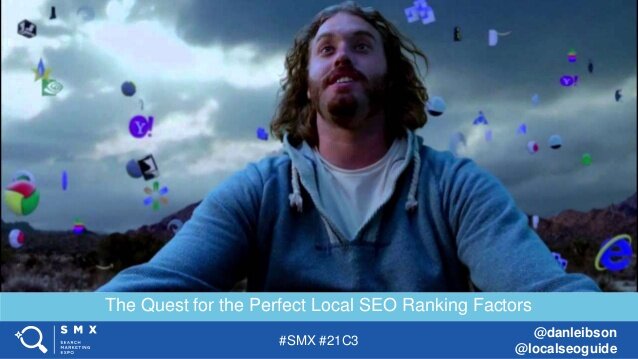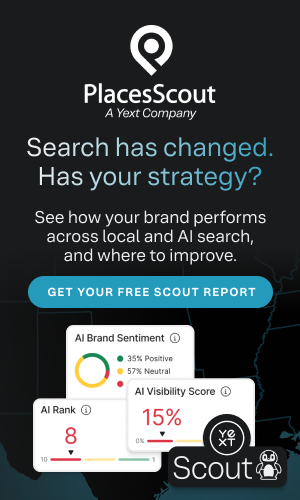DanLeibson
Member
- Joined
- May 17, 2013
- Messages
- 229
- Reaction score
- 142
Hey Everyone,
I know some of you were interested in the actual presentation, so here is my 2016 Local SEO Ranking Factors deck from SMX Advanced:
2016 Local SEO Ranking Factors
If you like the Silicon Valley and data then you should like it! Also if you want to check out the full study you can find that here:
Local SEO Ranking Factors Study 2016 - Local SEO Guide

I know some of you were interested in the actual presentation, so here is my 2016 Local SEO Ranking Factors deck from SMX Advanced:
2016 Local SEO Ranking Factors
If you like the Silicon Valley and data then you should like it! Also if you want to check out the full study you can find that here:
Local SEO Ranking Factors Study 2016 - Local SEO Guide
Last edited by a moderator:





